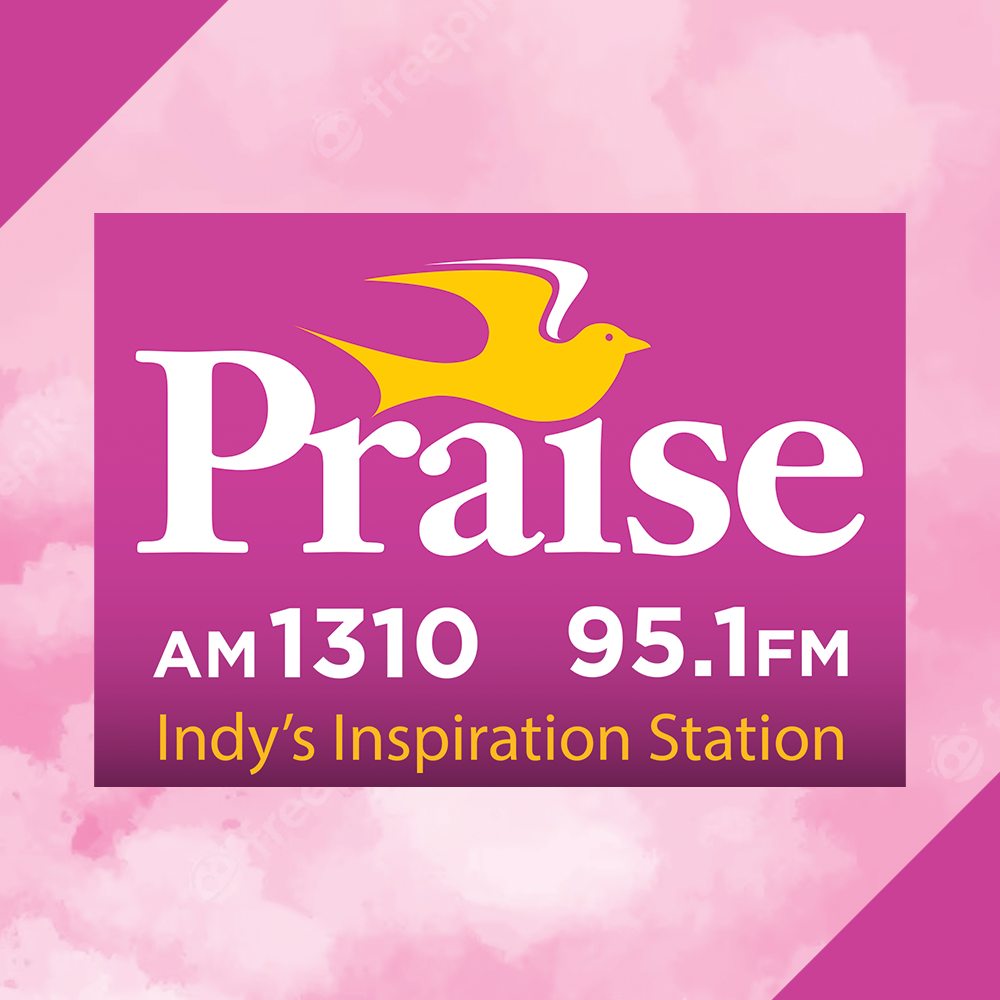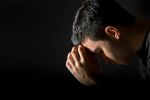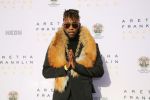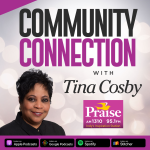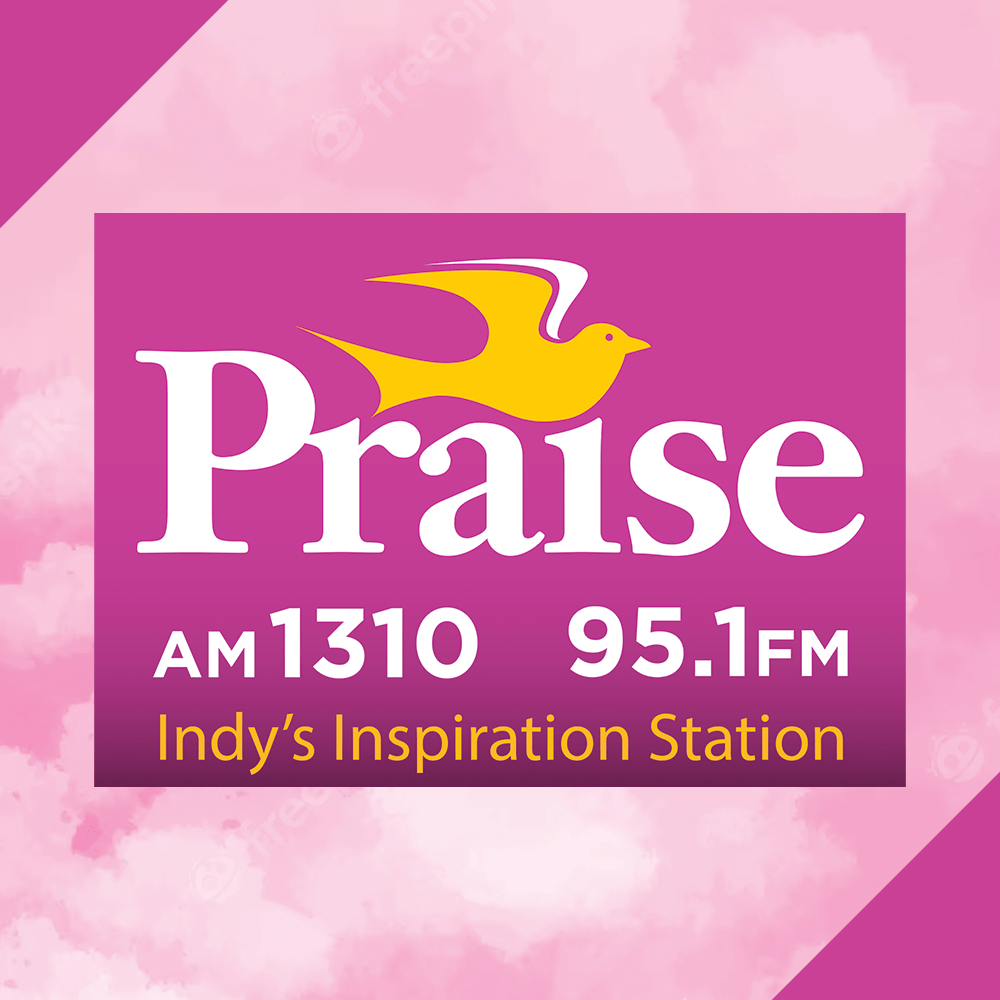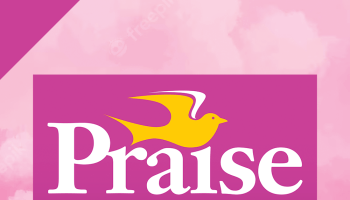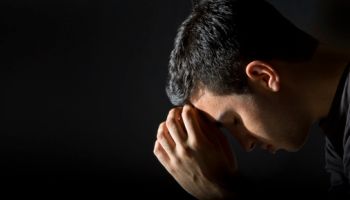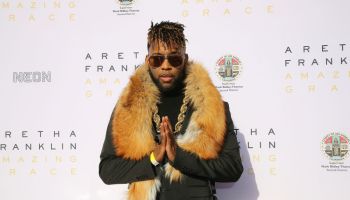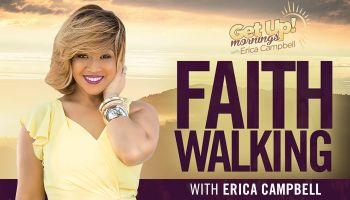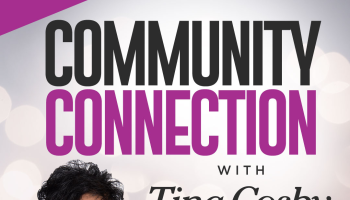I was privileged to be part of the 3,300 individuals packed inside Ball State University’s Emens Auditorium, plus hundreds who watched in two campus closed circuit locations, who experienced a fascinating glimpse into one of the world’s most successful women Oprah Winfrey, interviewed by one of the nation’s most successful entertainers David Letterman. Click To See Brief Video Clip Of Dave + Oprah
It was sixteenth David Letterman Lecture Series at Ball State. He invited Oprah to visit his alma mater for a unique one-on-one interview. It was Oprah’s first visit to Central Indiana in more than 26 years. Oprah last visited Indy in August of 1986, on the eve of her national TV program. During that visit she appeared at the State Fairgrounds and at a reception at the Madame Walker, hosted by the Coalition of 100 Black Women. That’s where I was privileged to meet Oprah.
Every seat inside the auditorium was draped with a commemorative T-Shirt inscribed with the date, the words “Dave + Oprah” and he words “Inspired” and “Unforgettable”. Most of the crowd was Ball State students, but the university invited a number of school donors, legislators and key community leaders. That’s how I got my seat in Row “P”, left of center section of the massive auditorium. I was seated next to the Publisher of the Indianapolis Star. Other notables included the head of the Lilly Endowment (who got to sit next to Oprah’s legendary BFF Gayle King) and the Center for Leadership Development’s Dennis Bland.
After an introduction by Ball State President Dr. Jo Ann Gora, and some brief humorous remarks by David Letterman, he introduced Oprah who received a sustained, huge ovation. Wearing a dress in Ball State’s favorite color –red – with matching shoes, the event began as Letterman quickly turned the conversation serious asking Oprah about her early life in Kosciusko Mississippi, living with her maternal grandmother.
Oprah talked about the success she had as a youngster, learning to read at age three, the influence that regularly attending church with her grandmother had on her life. Her success getting quickly promoted from kindergarten into the first grade.
But David also asked some probing questions about the severe abuse Oprah suffered from her grandmother. Beatings that caused welts and bruises. “How did you overcome that”, Letterman asked?
In another moving segment, Dave asked Oprah about when she went to live with her mother in Milwaukee. Her answer brought chills through the many Blacks in the audience as Oprah talked about racism within the Black family. At the time her mother was living in a house owned by a Mrs. Miller, said Oprah. A woman who could’ve “passed for white”, she said. And that caused the woman to take an instant dislike to Oprah because of her dark skin color. “She made me sleep on the porch”, said Oprah, “She let it be known she didn’t that I was not really welcomed there”.
Oprah spoke about that during her time in Milwaukee she turned into a “bad girl”. Oprah talked about that she was raped at age 9 and the pattern of abuse she suffered. That the shame turned her into, in Oprah’s words “a bad girl”. She told the audience that she was nearly placed into a home for “bad girls” by her mother, but that they there was no room for her at the time. Oprah told Dave that incident was another turning point in her life.
Oprah also frankly talked about a subject many didn’t know. That she became pregnant at age 14 “part of being a bad girl”, she said. Her mother sent her to live with her father in Nashville. A strict disciplinarian who didn’t realize that Oprah was pregnant. She eventually gave birth, but the child died a week later. Oprah told Dave and the folks at Ball State that the death was another turning point in her life. That allowed her to turn her life around for the better.
Dave asked her about the abuse she suffered. “You suffered from it”, he said, “How did you become a success when others who suffer from abuse don’t?”
“People think the abuse is about the act. It’s about misuse of trust. It’s the secret and the shame”, said Oprah.
“What caused you to be successful when others who suffered the same as you don’t”, Dave pressed.
Oprah said she became “successful by listening to her inner voice. I’m comforted by a Power greater than myself. I believe in a power greater than myself.”
Oprah said that voice told her it was time to move from Nashville where she’d become a TV anchor at age 22, to go to Baltimore and then from there to Chicago. She told the audience that she felt that “if I didn’t go to Chicago I would die. That I wouldn’t grow (as an individual).”
Dave asked Oprah about “humans and cruelty”. Oprah said she’s “amazed at people’s ability to be resilient to cruelty”.
Dave said that Oprah’s life is “stunning”; Oprah didn’t agree but said she “understood”.
Dave then talked about the TV industry saying that Oprah Winfrey was one of a handful of women in the entertainment business who owned their own studios. (Lucille Ball and Mary Pickford were the others). Oprah talked about how TV has changed. She mentioned the show she did with the Ku Klux Klan and it was a mistake because that program “became a recruiting tool” for the organization.
Oprah criticized some of TV today, shows like “Housewives”. She used the example of Letterman’s son saying its “harder to raise your son when the message in the culture is that it’s OK to be bad, crude and vulgar.”
“When you’re raised in a culture with no rules”, said Oprah, “It has an effect when you’re fed a steady diet of this”
In response to a question from the audience asking does she see herself as a successful Black woman Oprah rejoinder, “If you look at yourself as just a Black woman then you have lowered your ceiling”.
In a question about her relationship to her family, Oprah said that “I decided the relationship with my family” and went on to tell a story about how she dealt with forgiveness with members of her family.
Saying that “Forgiveness is you letting go of a past”, Oprah described how she’d had dinner with all of her family invited to her house. Along with her lawyers and Oprah said to each family member, “This is what you’ll get”. And then told them don’t ask for anything else from me.
In response to another audience question, Oprah talked about her OWN cable network saying its goal is to be a “platform where I can speak to the world.”
When asked about her inspiration, Oprah told the thousands watching and listening that she was “Carried on shoulders of a whole lot of others before me. My inspiration are unnamed ancestors and the spirit of the people who came before me.”
Letterman recounted a question a mutual friend of he and Oprah, the late move critic Gene Siskel used to ask about describe your accomplishments. Touched, Oprah replied, “I’m still making my mark”.
Oprah left to a standing ovation from the crowd. She then left Ball State and Indiana headed to her school for girls in South Africa. A subject she brought up a lot during the nearly two hour interview.
